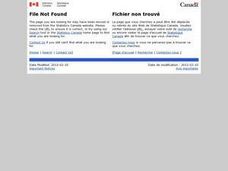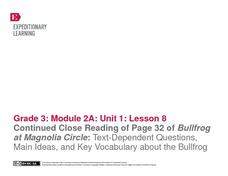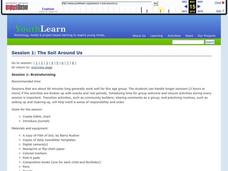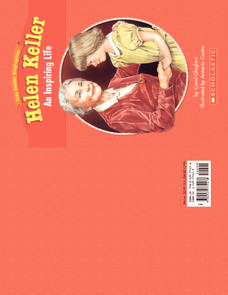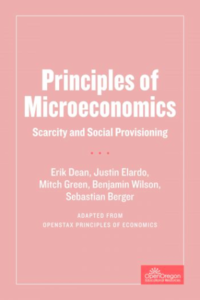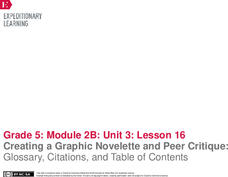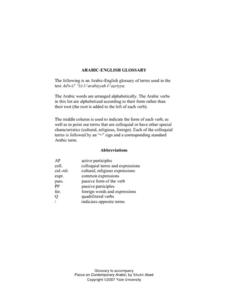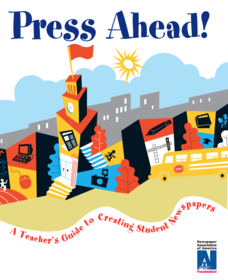Glossary Teacher Resources
The glossary (or clavis) is surely one of the most important parts of a book. This research tool, an alphabetical list of special or uncommon words usually found at the end of a text, provides readers with a word’s definition. Glossaries can be found in any kind of book, be it fiction, non-fiction, or technical and scientific works.
While glossaries appear similar to dictionaries, the two research tools are different. Here’s an activity that asks middle schoolers to examine these differences. A book about emperor penguins offers elementary students an opportunity to practice using a glossary to find the meaning of words used in the story.
A great way to review glossaries and other text features is to ask young writers to create a glossary for their own fables or a published work. How about creating a glossary of English words with Native American or Spanish origins, or for terms associated with the Winter Olympic sports? This Common Core glossary lesson is designed for learners with communication or language difficulties. And who couldn’t use a product specification glossary for a new electronic device (in a lesson where students pretend to be product managers)?
Glossaries are a collection of words, words that have special meanings. The resources in our collection help learners understand the power, depth, and breadth of meaning associated with these words.



